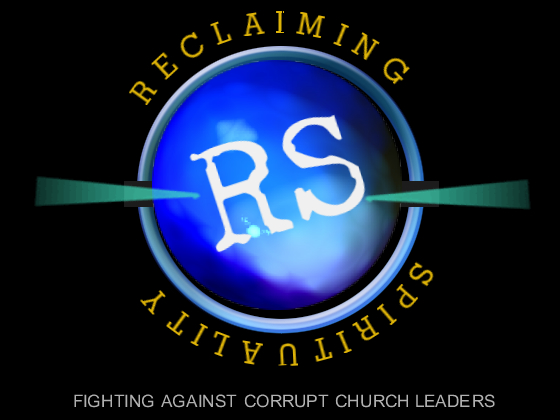RC
Reclaiming Spirituality 
Reclaiming Spirituality is supported by a Majority of Americans and the Majority of US States Support the Ideas and Vision of Reclaiming Spirituality.
The Protestant Orthodox Church Must Not Be a Political BodyIn recent years, it has become increasingly evident that many priests, ministers, and bishops lack a basic understanding of several key subjects necessary for responsible leadership in a modern society. These include:
Too often, clergy are ill-equipped to discuss issues such as justice, race, or environmental stewardship in a manner that respects both legal boundaries and pastoral integrity. This lack of understanding can place churches in serious legal jeopardy, exposing them to reputational and financial risk. A Need for Legal and Ethical TrainingEach church or denomination should consider requiring clergy to undergo basic training in constitutional principles, legal ethics, and risk management. It would also be prudent for priests and ministers to sign an agreement committing to avoid “outside political activities” that could endanger the neutrality or integrity of their church. If clergy wish to engage in political commentary or activism, they should be required to secure their own personal liability insurance, as such activities can lead to potential civil or criminal consequences, including defamation or harassment claims. Examples of Common Legal and Ethical RisksWithout proper training or awareness, clergy members may unintentionally cause harm or legal exposure through their words or actions, such as:
A Call for Integrity and NeutralityThe mission of the Protestant Church should remain focused on spiritual guidance, compassion, and service—not political advocacy. By maintaining neutrality, clergy can better unite their congregations around shared values of faith, forgiveness, and moral growth. A well-informed and ethically grounded clergy not only protects the church from legal exposure but also restores public trust in its sacred role as a place of peace, wisdom, and spiritual healing. |
STATEMENT STATEMENT HOUSES OF BISHOPS SHOULD RESIGN HOW TO PREACH PRINCIPLES SPIRITUAL CONCEPTS LEGAL DISCOURSE RACIAL RECONCILIATION LEFTIST ANTI CHRISTIAN MOVEMENTS JOIN COMMISSION SITE MAP BOOK HUMAN RIGHTS EDUCATION POLICY BOOK DISCLAIMER According to recent surveys, a significant majority of Americans believe that politics should stay out of the church. Specifically, 63% of U.S. adults say that churches and other houses of worship should keep out of political matters(Pew Research Center)(Pew Research Center). |